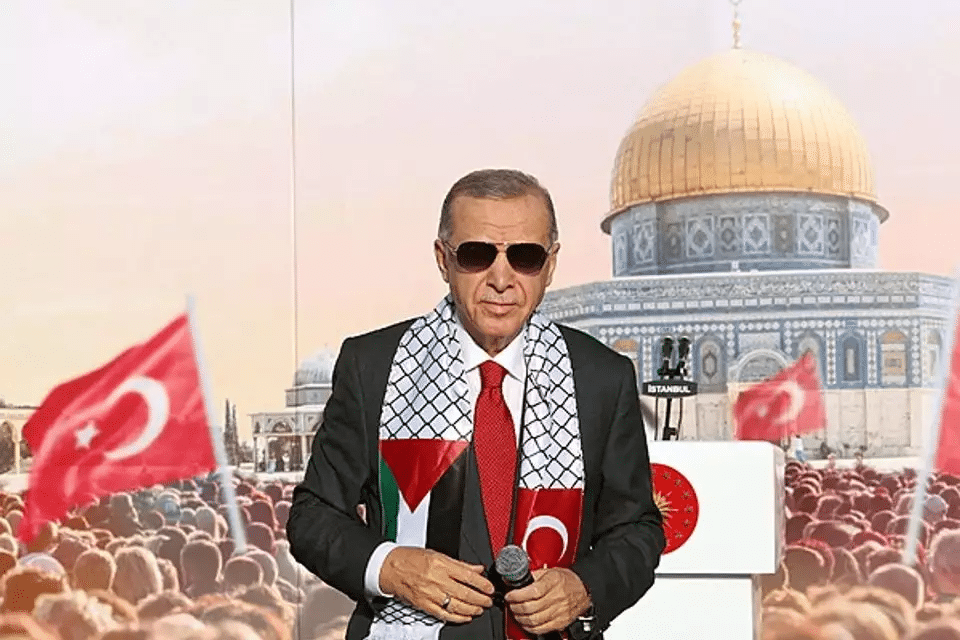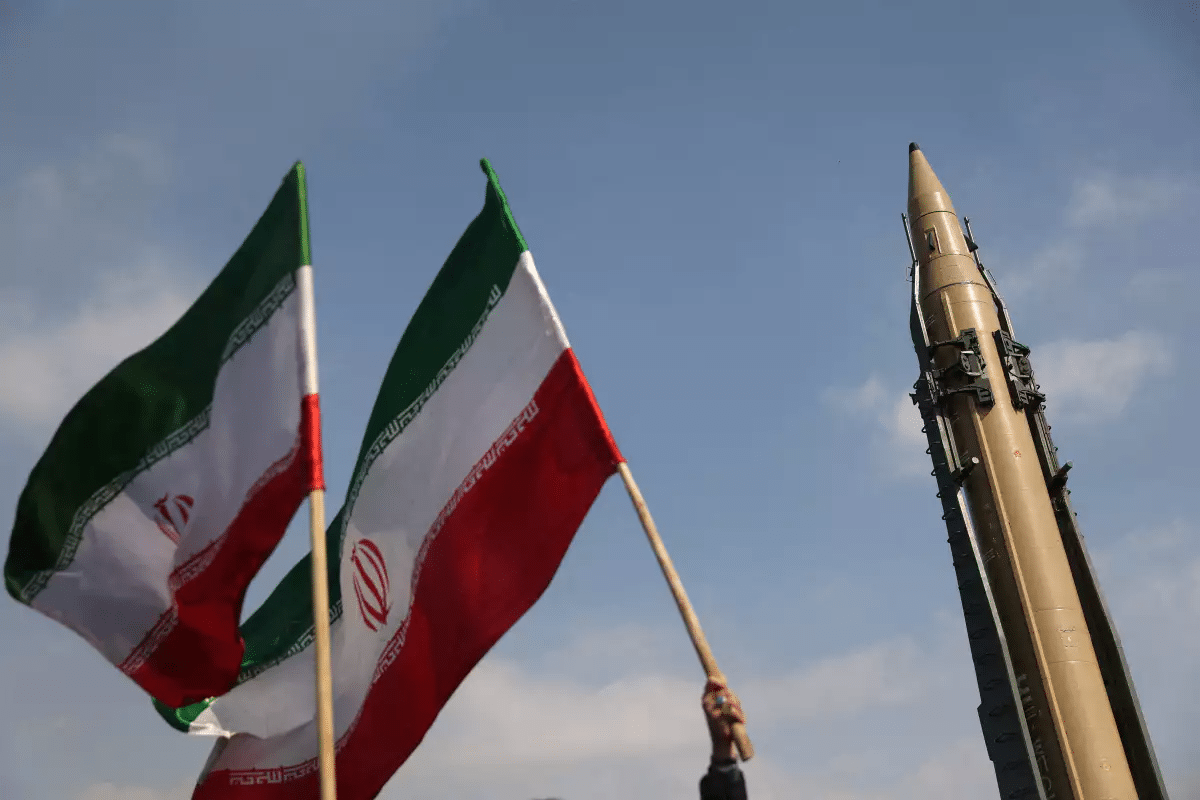Undoubtedly, if Netanyahu succeeds in persuading Trump to exempt Israel from tariffs based on the principle of reciprocity, it would bring significant economic benefit. But this visit is far more critical for Israel due to two pressing security concerns: Iran's nuclear progress and Turkey's attempts to entrench itself militarily in Syria, threatening Israeli presence along the Syria-Israel border.
Turkey establishing a foothold in Syria: A new security challenge
The more immediate threat is Turkey. Following the Israel Defense Forces' successful elimination of the Syrian air force and the consolidation of Israeli aerial superiority in the region, Turkish efforts to gain control over strategic areas in Syria have intensified. These include attempts to obstruct Israeli air operations and threaten Israel's Kurdish and Druze allies in Syria.

In recent days, Israeli officials have observed alarming developments involving the Turkish military attempting to take control of former Syrian air force bases. Even after the fall of the Syrian regime, security officials flagged Turkey's moves as a new variable requiring preparation. However, diplomatically, US support on the matter remains uncertain.
Trump views Erdogan as a friend. According to Israeli sources, in early discussions after taking office, Trump told Netanyahu he would not intervene in how Israel and Turkey divide control in Syria. This is far from the Israeli position. Netanyahu is expected to explain to Trump the strategic threat posed by Turkey on Israel's northern border – particularly in light of Erdogan's imperial ambitions and hostility toward Israel. Trump will be expected to address the issue during his meeting with Netanyahu, where Israel must firmly articulate its security demands in the region. From there, the discussion will shift to Iran.
2025 – A pivotal year on the Iranian nuclear threat
Recent reports by the International Atomic Energy Agency leave no doubt: while Iran does not yet possess a nuclear weapon, it has all the necessary components. Trump has already presented the ayatollah regime with a stark choice – negotiate or face military action. The question now is how long this offer remains on the table.

A senior Israeli security official recently reiterated that 2025 is the "window of opportunity" to address the Iranian nuclear threat. As the year approaches its midpoint, the decision whether to break out to a nuclear weapon cannot be left in the hands of a regime that has quietly entertained the idea of wiping the Jewish state off the map.
Lastly – though not reflecting a hierarchy of values – is the issue of the hostages held by Hamas and the situation in Gaza. On this front, Israel already enjoys unequivocal support from the White House, and the trip is not expected to add significant momentum to the matter.
Nevertheless, an Israeli official involved in the negotiations expressed cautious optimism in a conversation with this reporter. "The military, political, and logistical pressure is taking its toll," he said. "Even the videos Hamas has been releasing suggest a willingness to reach a deal and reveal the internal pressures it is under." The US has already provided Israel with all necessary logistical and public backing on this issue. The next steps are in Israel's hands.




